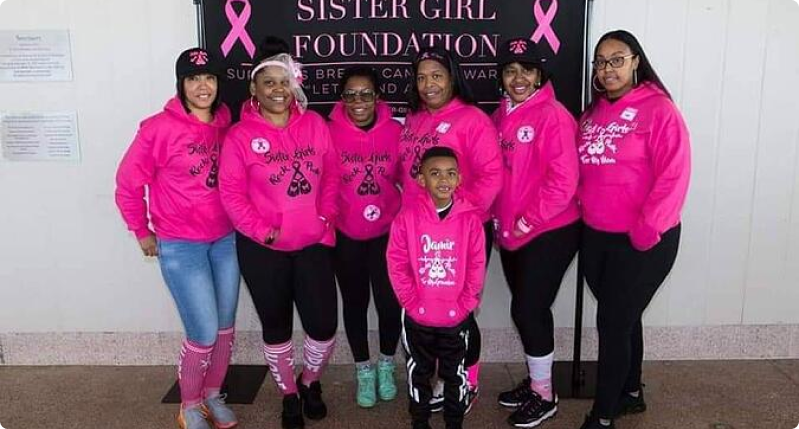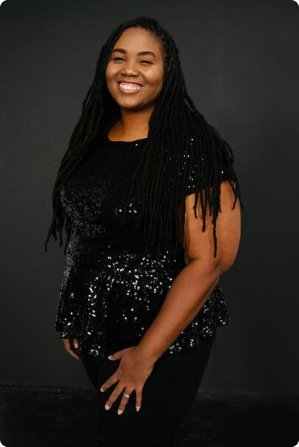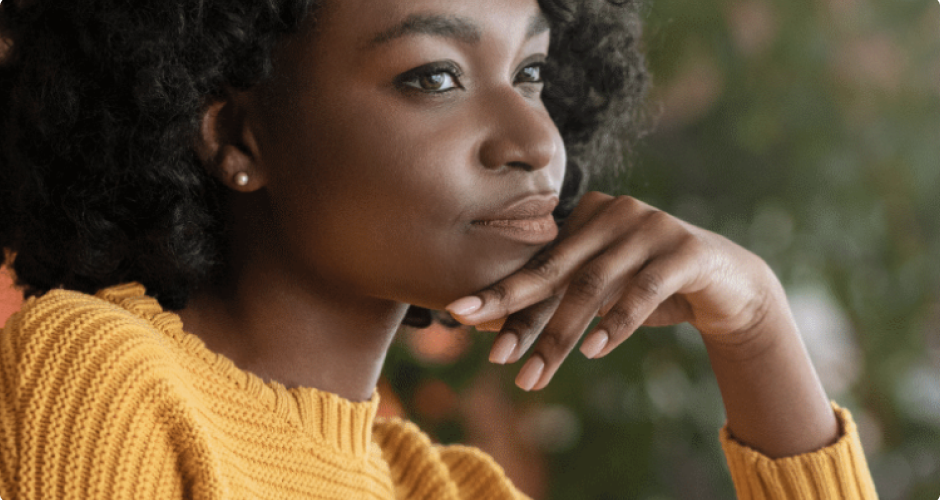Fertility Preservation and Planning
Historically, the Black community has been underserved in the fertility world, even though married Black women deal with infertility at a rate two times that of white women and their partners.
But there are organizations out there that are trying to change that.
RMA of Connecticut has tracked down some of the most influential national and local groups that are doing their part to change the narrative and provide the much-needed support to this community
We asked them to define their mission in their own words…
4 Black Infertility Support Organizations You Need to Know
Here at RMA of Connecticut, a fertility practice based in the New York City Metro area, we do our very best to fight discrimination and applaud other organizations doing the same. We strive to serve as an advocate by raising the voices of others, and by amplifying these voices below, we hope every one has access to their benefits.
1. Cade Foundation
First up, the Cade Foundation! Dr. Camille Hammond, co-founder, is a fighter in the fertility space and started this organization to provide fertility education and support anywhere it is needed, including Black communities. Here is Dr. Hammond’s passion for the history, present, and future of the Cade Foundation, in her own words:
The Tinina Q. Cade Foundation (Cade Foundation) is a non-profit organization that was started in 2005 to provide information, support, and financial assistance to help needy infertile families OVERCOME infertility. Dr. Jason Hammond and I started the Cade Foundation to provide a vehicle through which families who had already ‘overcome’ infertility could support families who were still on their infertility journey. Cade Foundation provides education focused programs to share info about different pathways to parenthood throughout the nation. We also provide grants to help families with the costs of adoption and fertility treatment.
2. Sister Girl Foundation
Shantana Hazel is the name, face, and inspiration behind the Connecticut organization Sister Girl Foundation, Inc. Hazel has fought for fertility awareness for several years and created the organization to provide assistance in locating endometriosis specialists and financial resources. Here is the rest of the Sister Girl story, in Hazel’s own words:
“The Sister Girl Foundation, Inc was founded in March 2010 to bring awareness to endometriosis and gynecological illnesses and cancers. which at that time not many people (especially in our community) had any knowledge about.

3. Broken Brown Egg
The Broken Brown Egg is a non-profit organization that was founded in 2009 toRegina Townsend – Broken Brown Egg spread awareness and provide support for Black folks suffering from infertility.
Meet Regina: She’s the Broken Brown Egg founder and a mom through IVF herself. She’s an honest advocate and a proud representative of the community. Here is Regina’s purpose and drive behind Broken Brown Egg, in her own words:
“I am Regina Townsend, founder of The Broken Brown Egg. I started my organization in 2009 to help provide a voice to African American men and women facing infertility struggles.
As the years have progressed, my site has helped me build a community of people from all backgrounds and ethnicities who are hoping to spread awareness, hope, and activism. I think the most important mission I have had is really representation. So many people of color believe that this doesn’t affect us, because we don’t see ourselves in the pamphlets or the stories about reproductive health, so a lot of the feedback I get is just people saying that they appreciate having someone who looks and speaks like them.As the years have progressed, my site has helped me build a community of people from all backgrounds and ethnicities who are hoping to spread awareness, hope, and activism. I think the most important mission I have had is really representation. So many people of color believe that this doesn’t affect us, because we don’t see ourselves in the pamphlets or the stories about reproductive health, so a lot of the feedback I get is just people saying that they appreciate having someone who looks and speaks like them.

- CANCER
